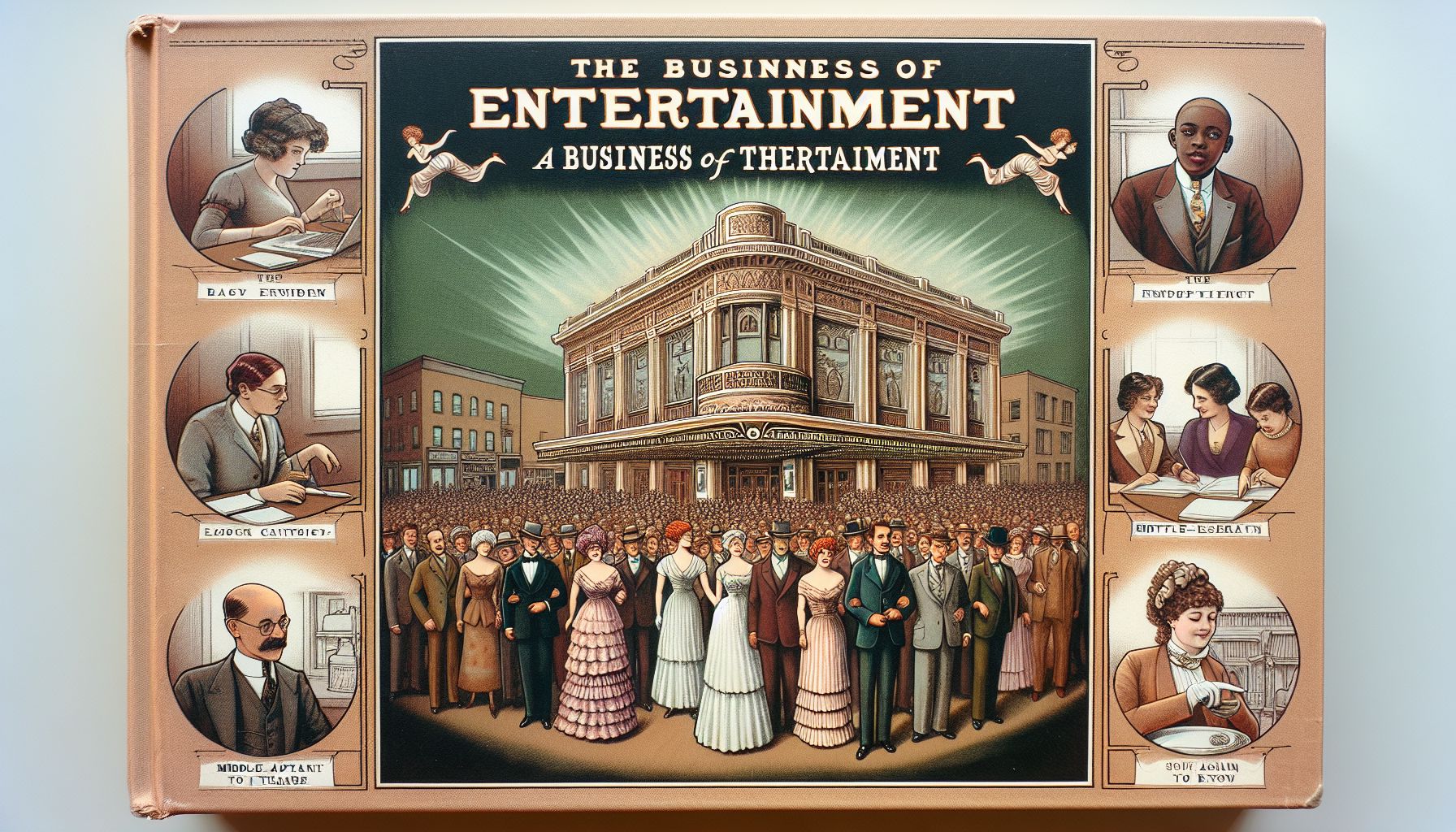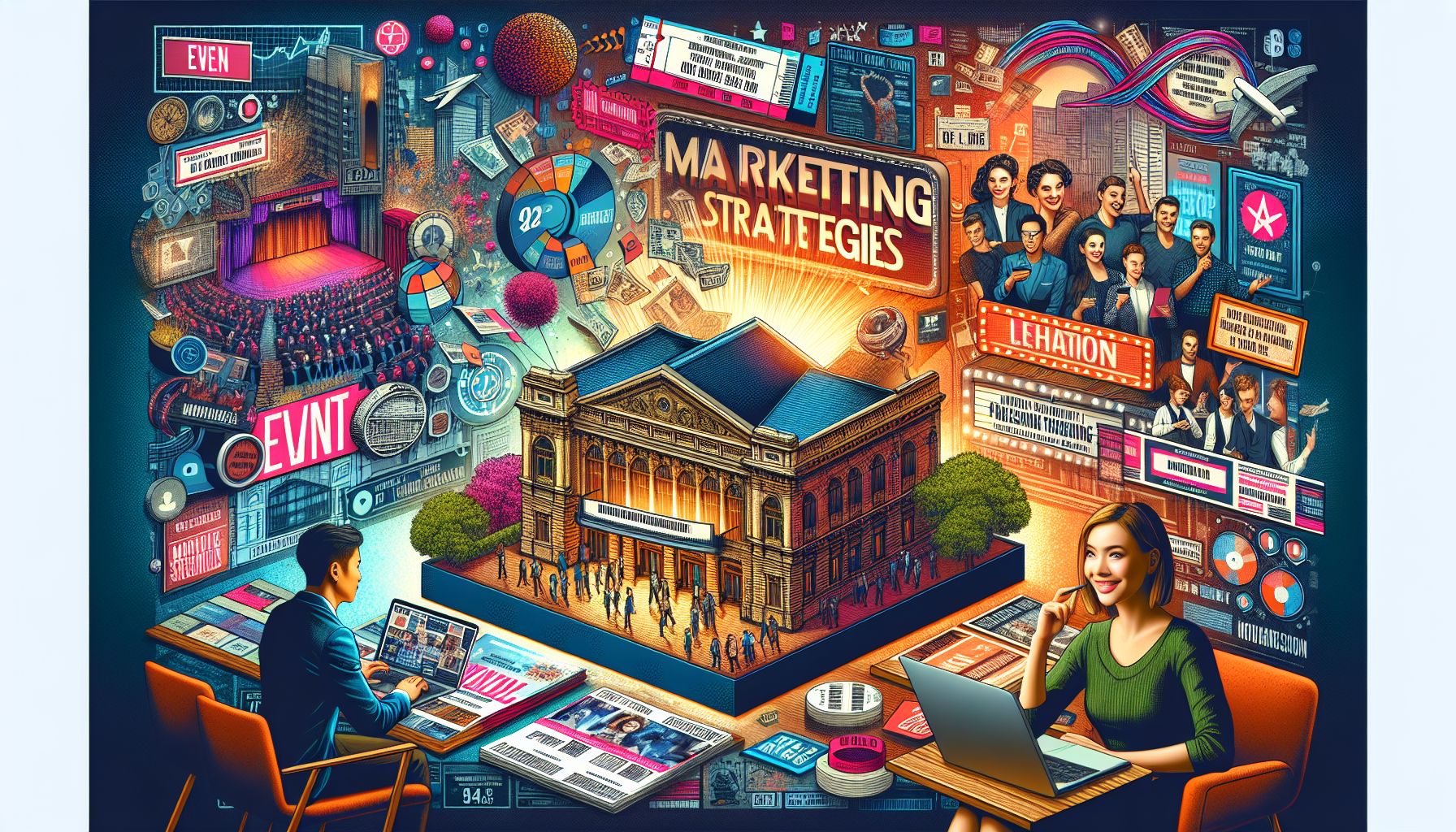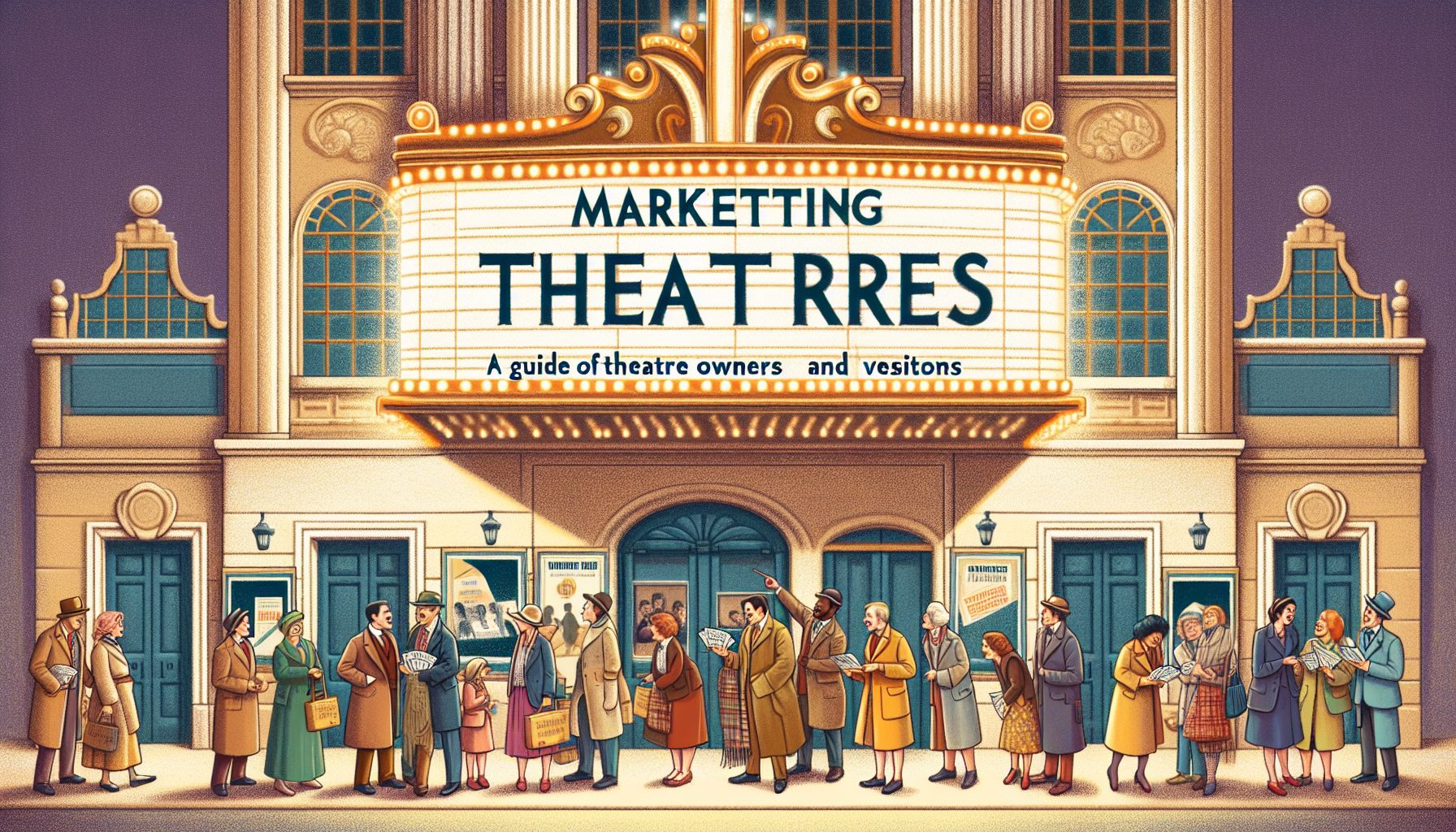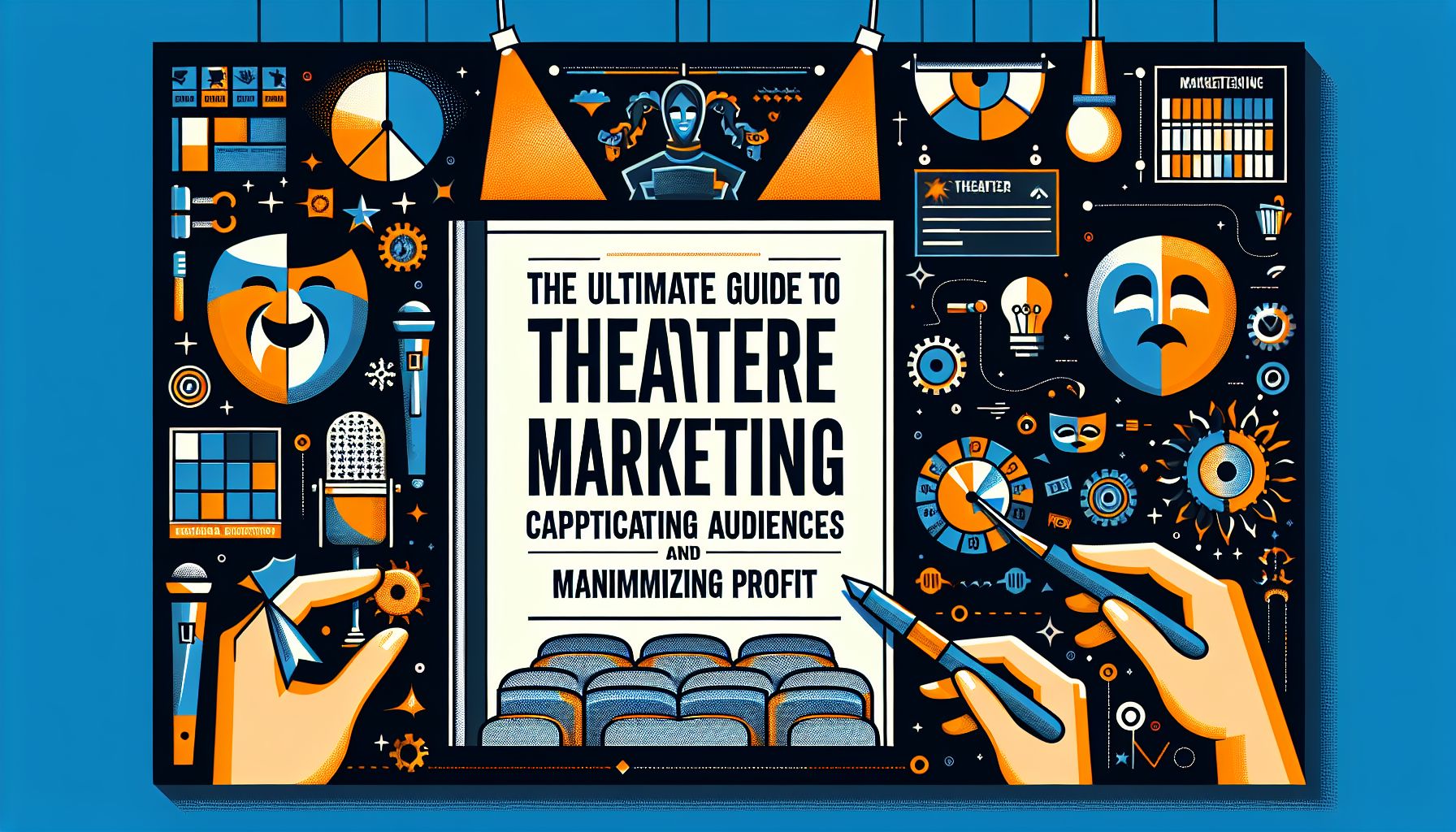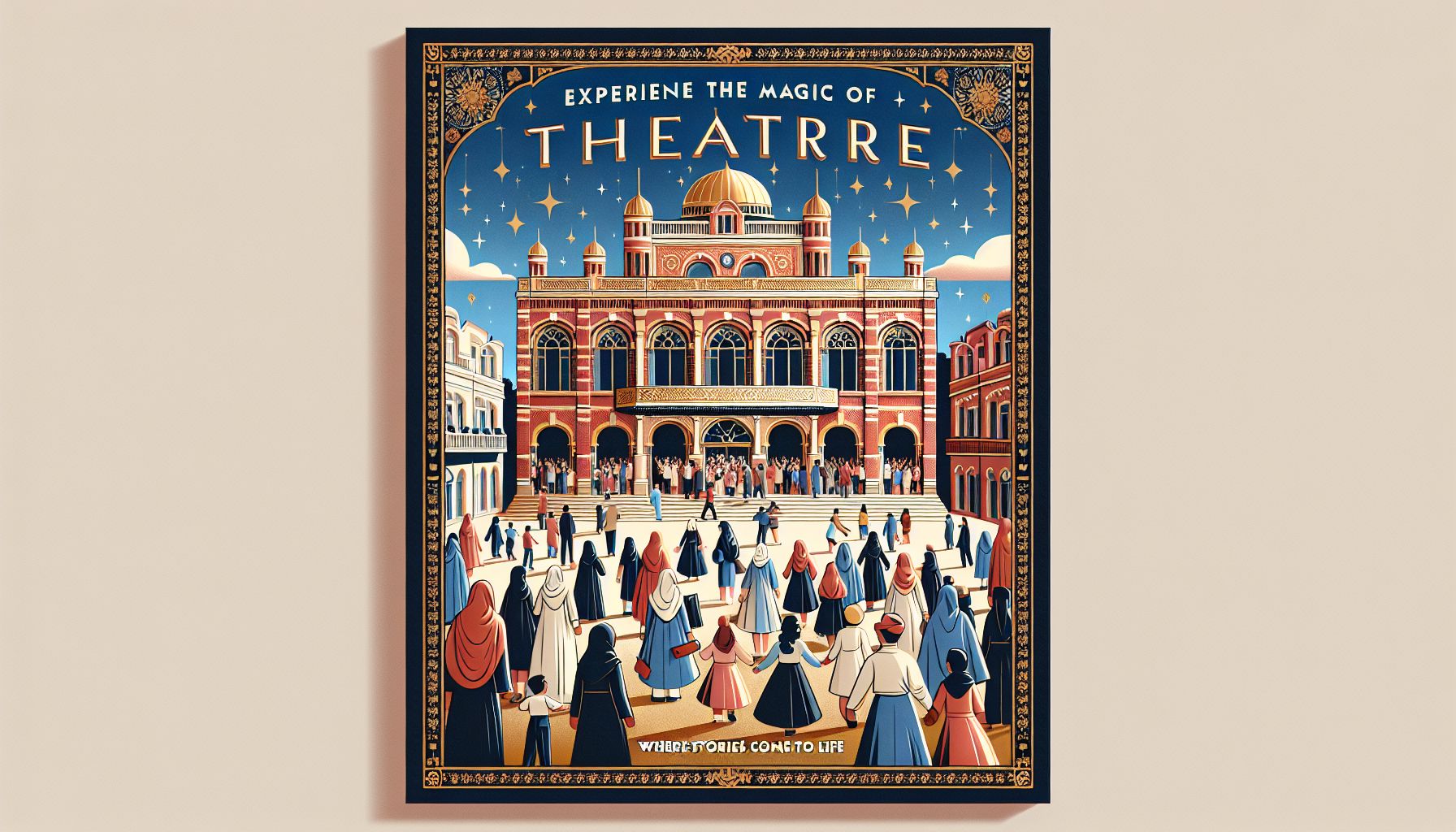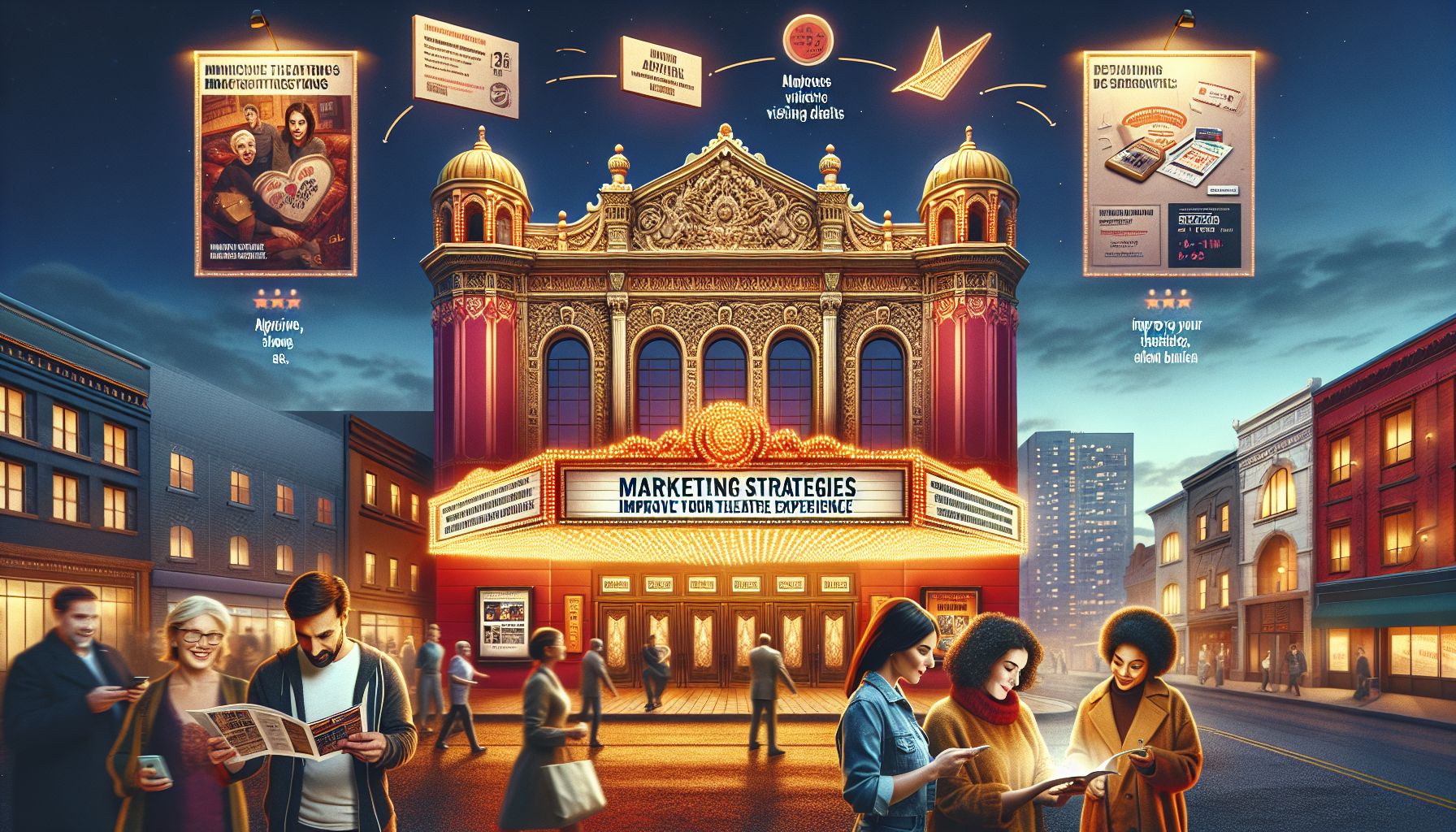Welcome to the world of entertainment business, where theatre owners and visitors come together to create unforgettable experiences. The entertainment industry is a dynamic and exciting field that offers a mix of challenges and rewards for those involved. Whether you are a seasoned theatre owner or a first-time visitor, there is always something new to learn and explore in this ever-evolving industry.
For Theatre Owners:
As a theatre owner, your primary goal is to provide a top-notch entertainment experience for your customers. This starts with choosing the right productions to showcase in your venue. Keep an eye on current trends and popular shows to attract a diverse audience. It’s also important to invest in marketing and advertising to ensure that your theatre stays top of mind for potential visitors.
In addition to selecting the right productions, it’s crucial to focus on customer service and creating a welcoming atmosphere in your theatre. Train your staff to provide excellent service and make sure that your facilities are clean and well-maintained. A positive customer experience can go a long way in building a loyal fan base and attracting repeat visitors.
Another key aspect of running a successful theatre is managing finances effectively. Keep a close eye on your budget and expenses, and look for ways to maximize revenue through ticket sales, concessions, and merchandise. Consider partnering with local businesses for sponsorships or collaborations to further boost your bottom line.
For Visitors:
As a visitor to a theatre, your main goal is to enjoy a memorable entertainment experience. Start by researching upcoming shows and events to find something that piques your interest. Whether you’re a fan of musicals, plays, or comedy, there is a wide range of options available to suit every taste.
Once you’ve chosen a show to attend, make sure to book your tickets in advance to secure your spot. Arrive at the theatre early to have enough time to find your seat, grab a snack from the concession stand, and settle in before the performance begins. Remember to silence your phone and refrain from talking during the show to show respect for the performers and your fellow audience members.
After the show, consider leaving a review or feedback for the theatre owner to help them improve and attract more visitors in the future. Word of mouth is a powerful tool in the entertainment business, and your honest opinion can make a difference in shaping the reputation of a theatre.
Conclusion:
The entertainment business is a vibrant and dynamic industry that offers endless opportunities for theatre owners and visitors alike. By focusing on quality productions, excellent customer service, and effective financial management, theatre owners can create a successful and sustainable business. On the other hand, visitors can enjoy unforgettable experiences by researching shows, booking tickets in advance, and providing feedback to theatre owners. Together, we can continue to support and grow the entertainment industry for years to come.
